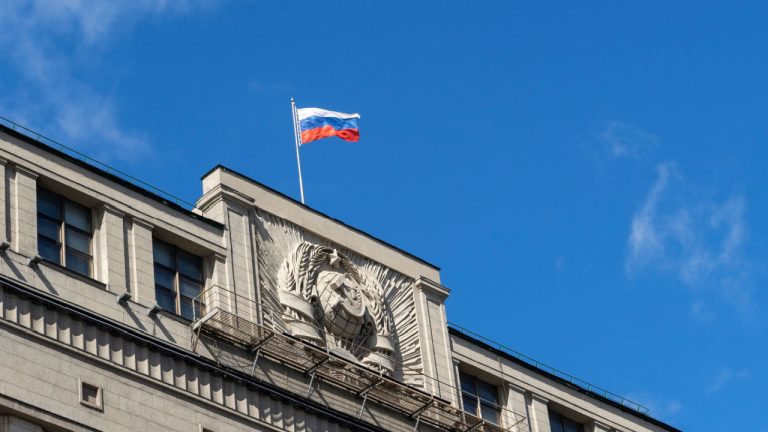
The digital ruble law project, which was already discussed and approved in its first reading, could be passed in June, according to Anatoly Aksakov, chairman of the Duma’s Financial Markets Committee. The Bank of Russia is currently waiting for the enactment of this ruleset to conduct a live test of the CBDC’s (central bank digital currency) capabilities with real users.
Digital Ruble Law to Be Passed in June, According to State Duma Official
The race to have a digital ruble cryptocurrency law approved in Russia is coming to an end. The Russian State Duma (the lower chamber of the Russian parliament) has estimated that the digital ruble — the Russian central bank digital currency (CBDC) — cryptocurrency law might be approved in June, according to statements from the chairman of the Duma’s Financial Markets Committee Anatoly Aksakov.
On Tuesday, Aksakov stated:
The bill on the digital ruble has been submitted, which I think we will pass in the spring session. It has already been passed in the first reading, which means in June it is to be passed in the second and third readings.
The approval of the law would greenlight the launch of a pilot program for the e-currency with real transactions and customers, which was slated to be launched in April. However, the regulator delayed it pending the approval of a framework regulating these activities.
Proposed Draft Bill and Expectations
The first version of the digital ruble bill, introduced in January, was discussed and voted on in its first reading in March, declaring the Central Bank of Russia as the sole operator of the currency, with the responsibility of guaranteeing its functionality.
Also, the law seeks to give the Central Bank of Russia access to the personal data of the users of the currency without having user consent, and also without having to notify the respective government institution on this issue. In this regard, the State Duma has called to correct this and ensure the protection of personal data rights ahead of the coming discussion.
While Russia has moved to include the Chinese yuan as a reserve currency and it is already widely used to settle bilateral transactions with China, the Central Bank of Russia also has plans of profiling the digital ruble as a useful tool against sanctions enacted by Western countries since 2022. At that time, Aksakov reinforced the importance of the digital path to sidestep these sanctions and facilitate bilateral settlements with China, too.
What do you think about the digital ruble and its possible upcoming approval? Tell us in the comments section below.
Comments
Post a Comment